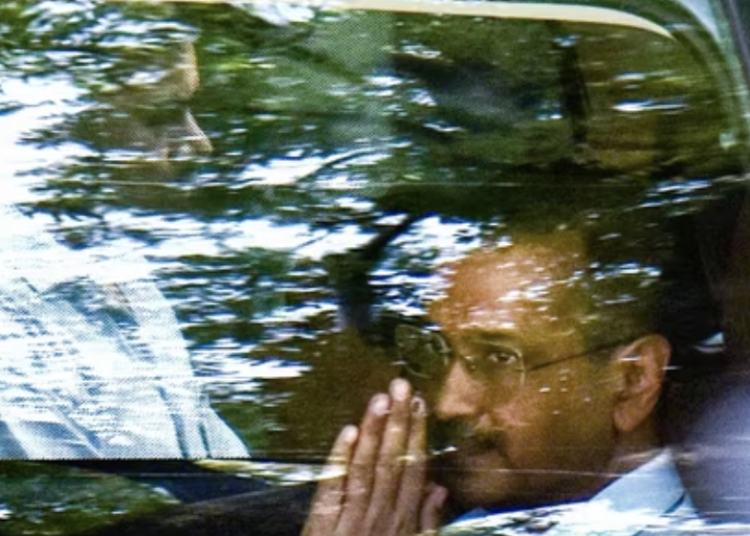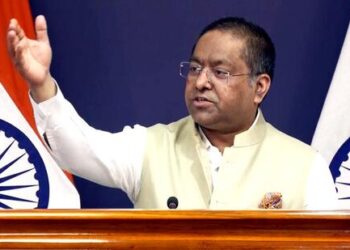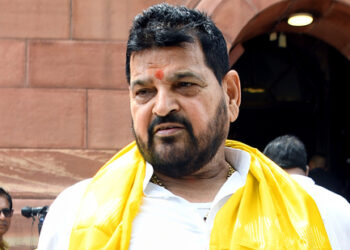Delhi Chief Minister Arvind Kejriwal’s judicial custody has been extended until July 3 by a Delhi court. This decision comes after recent controversies surrounding the Aam Aadmi Party (AAP) leader, who was arrested for alleged remarks against judges.
Kejriwal was produced before the court amidst tight security measures today. The court’s decision to extend his judicial custody reflects the seriousness of the charges levelled against him. It underscores the ongoing legal battle that has captured widespread public and media attention.
The Delhi Chief Minister’s arrest stemmed from a complaint filed by a lawyer over his remarks about the judiciary during a virtual press conference. The statements made by Kejriwal, which were perceived as critical of the judiciary, have sparked a debate on freedom of speech versus accountability.
Legal experts have weighed in on the case, highlighting the delicate balance between the right to criticize and the boundaries of judicial discourse. The court proceedings have drawn significant interest, with supporters of Kejriwal asserting his right to expression, while critics argue that such remarks undermine the integrity of judicial institutions.
The extension of judicial custody until July 3 means that Kejriwal will remain in legal confinement for the foreseeable future, pending further developments in the case. His legal team is expected to continue to vigorously defend his actions in court, asserting that his remarks were within the bounds of lawful criticism.
Meanwhile, political reactions have been mixed, with opposition parties using the opportunity to criticize the AAP government’s handling of the situation. The Bharatiya Janata Party (BJP) and Congress have both issued statements urging for a fair and transparent legal process, emphasizing the importance of upholding judicial integrity while respecting the rights of individuals.
As the case continues to unfold, Kejriwal’s supporters and detractors alike await further clarity on the implications of this legal battle. The extension of his judicial custody marks a pivotal moment in his political career, with potential ramifications for both the AAP and the broader political landscape in Delhi.








 India
India












